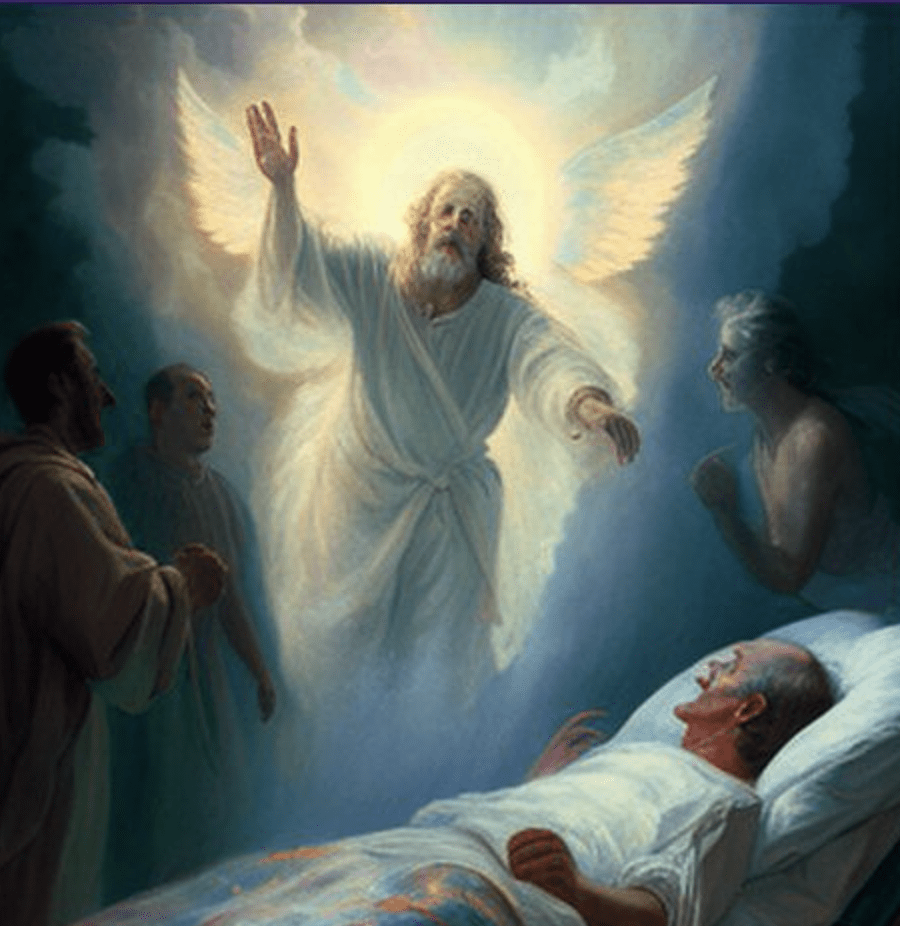SCIENTIFIC AMERICAN – What happens when we actually die—when our heart stops and all electrical activity “flatlines” in our brain?
Humans have been asking this question since time immemorial. It’s a tough one because the dead do not normally ping back to us about the nature of their experiences.
Religious texts are capable of supplying a multitude of explanations. But scientists have not given up on providing their own set of answers, and they are making some strides in better understanding the brain’s process of transitioning from life to death.
Most recently, this has become possible because of research that has monitored the brains of people who have been in the throes of actually dying. Some of these individuals have been able to report back about what they experienced.
According to findings published on September 14 in Resuscitation, the flatlined brains of some cardiac arrest patients burst into a flurry of activity during CPR, even though their heart stopped beating up to an hour.
A small subset of study participants who survived were able to recall the experience, and one person was able to identify an audio stimulus that was played while doctors were trying to resuscitate them.
The researchers interpret the brain recordings they made of these patients as markers of “lucid, recalled experiences of death”—an observation that has “never been possible before,” says lead author Sam Parnia, an associate professor of medicine at NYU Langone Health and a longtime researcher of what happens to people as they die.
“We’ve also been able to put forward a coherent, mechanistic explanation for why this occurs.”
“Recalled experiences of death”—a term Parnia prefers over “near-death experiences” for accuracy—have been reported across diverse cultures throughout recorded history.
Some Western scientists previously dismissed such stories as hallucinations or dreams, but recently a few research teams have begun to pay more serious attention to the phenomena …



